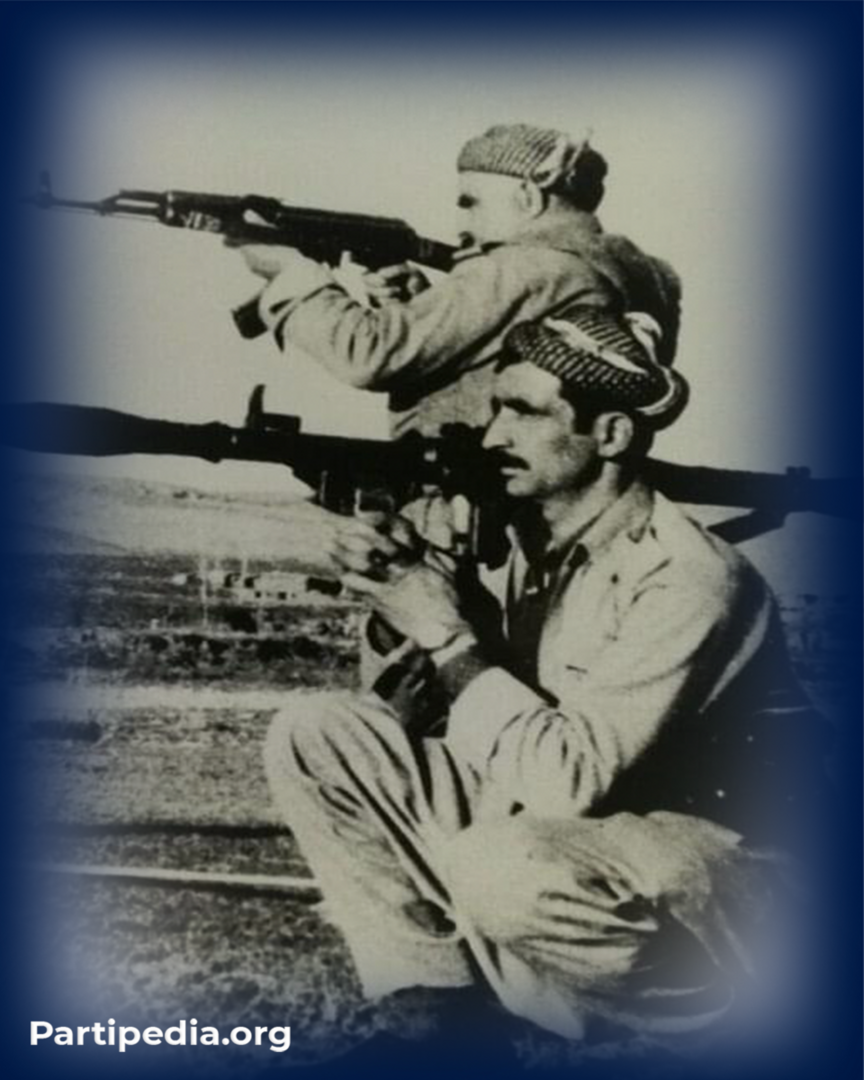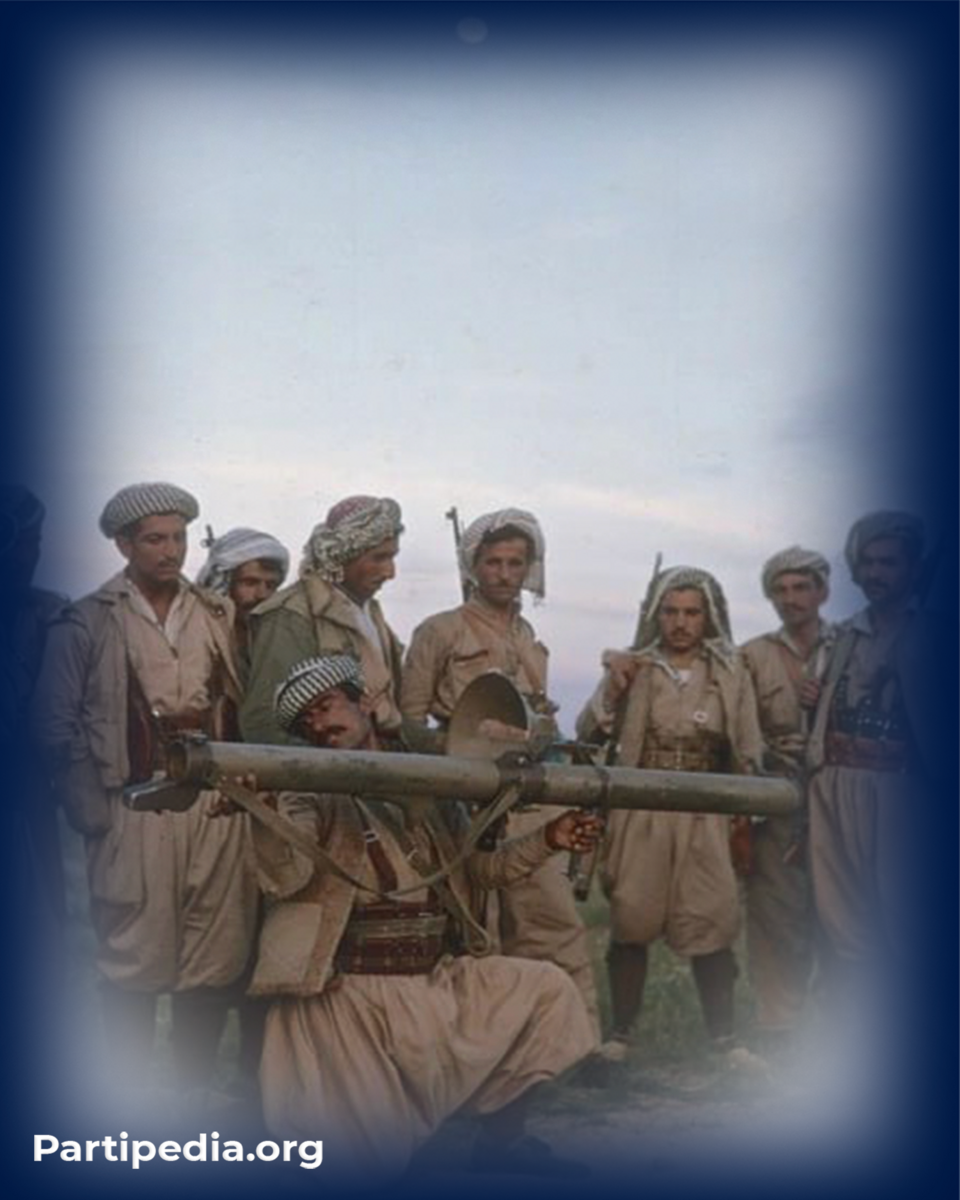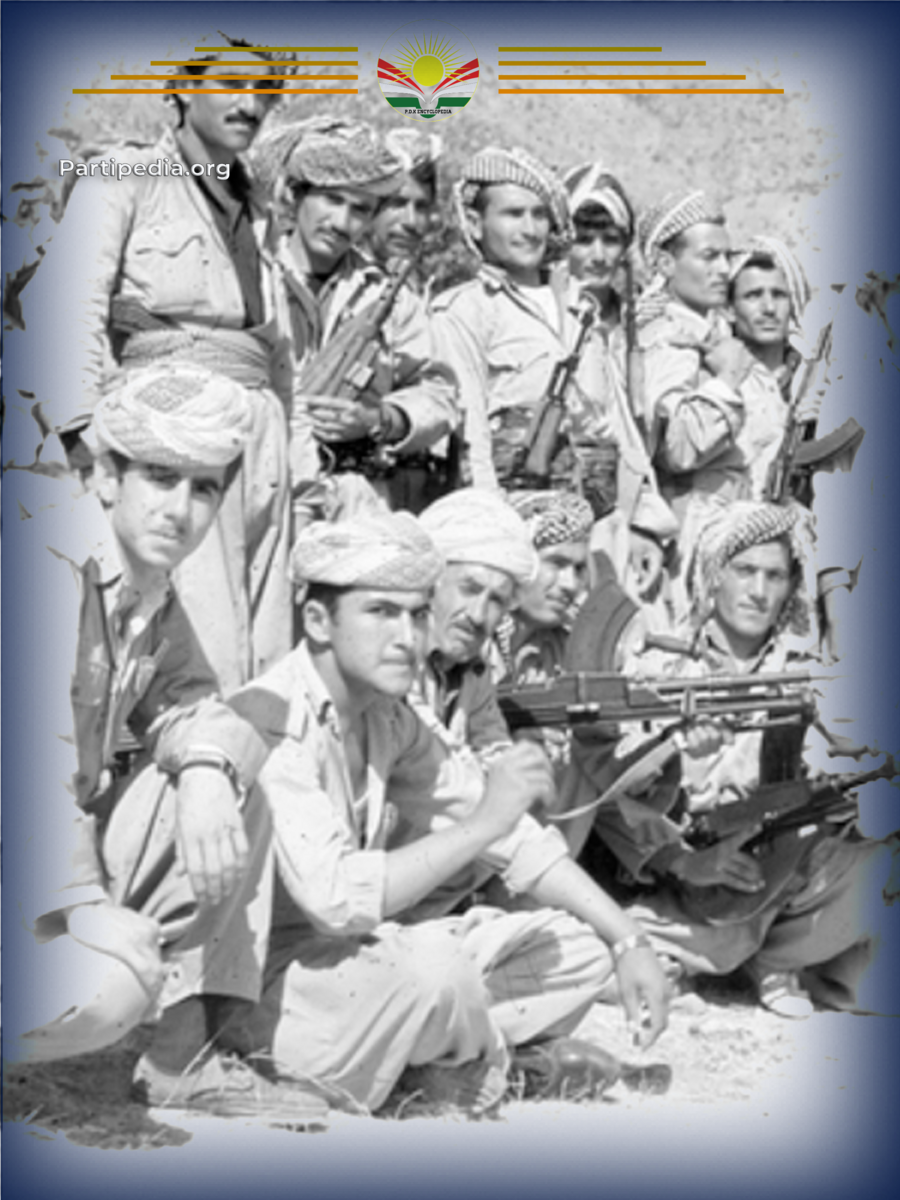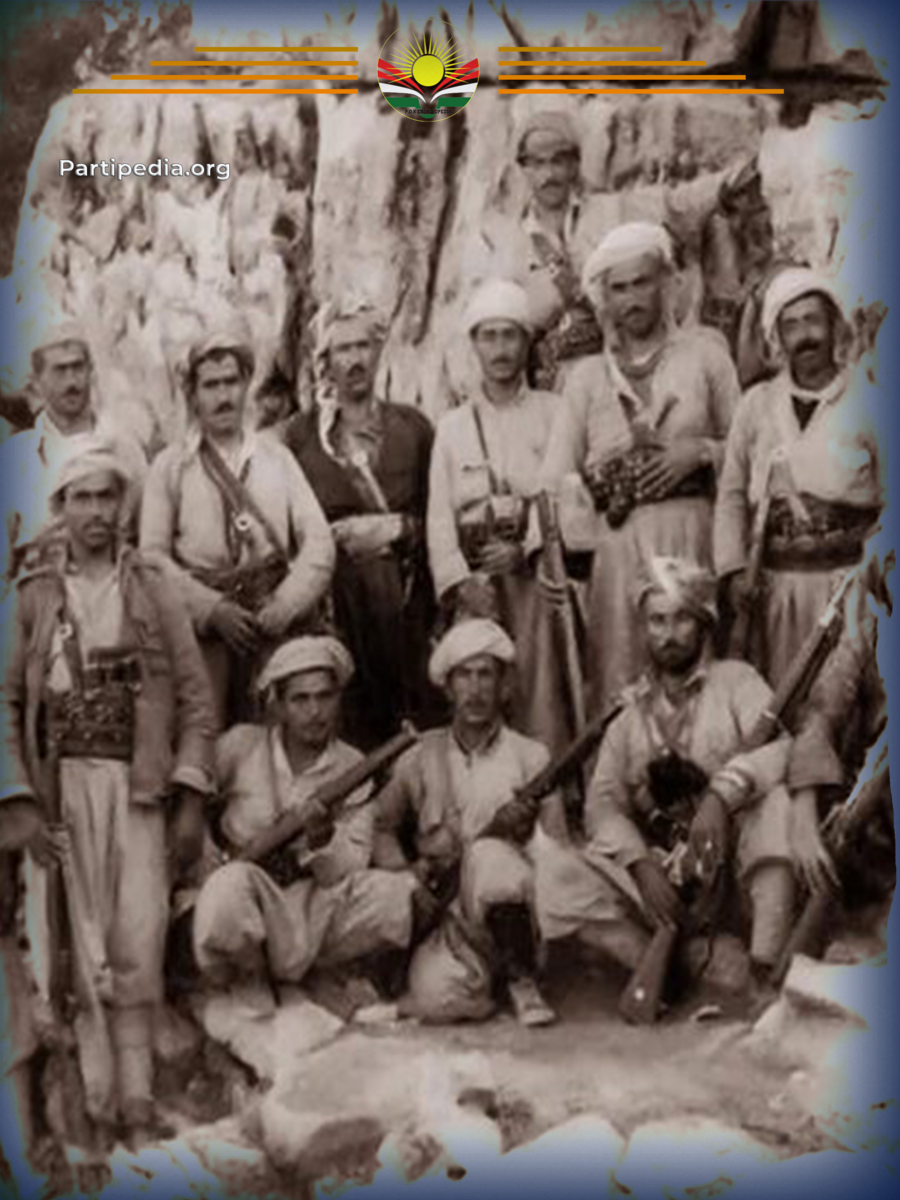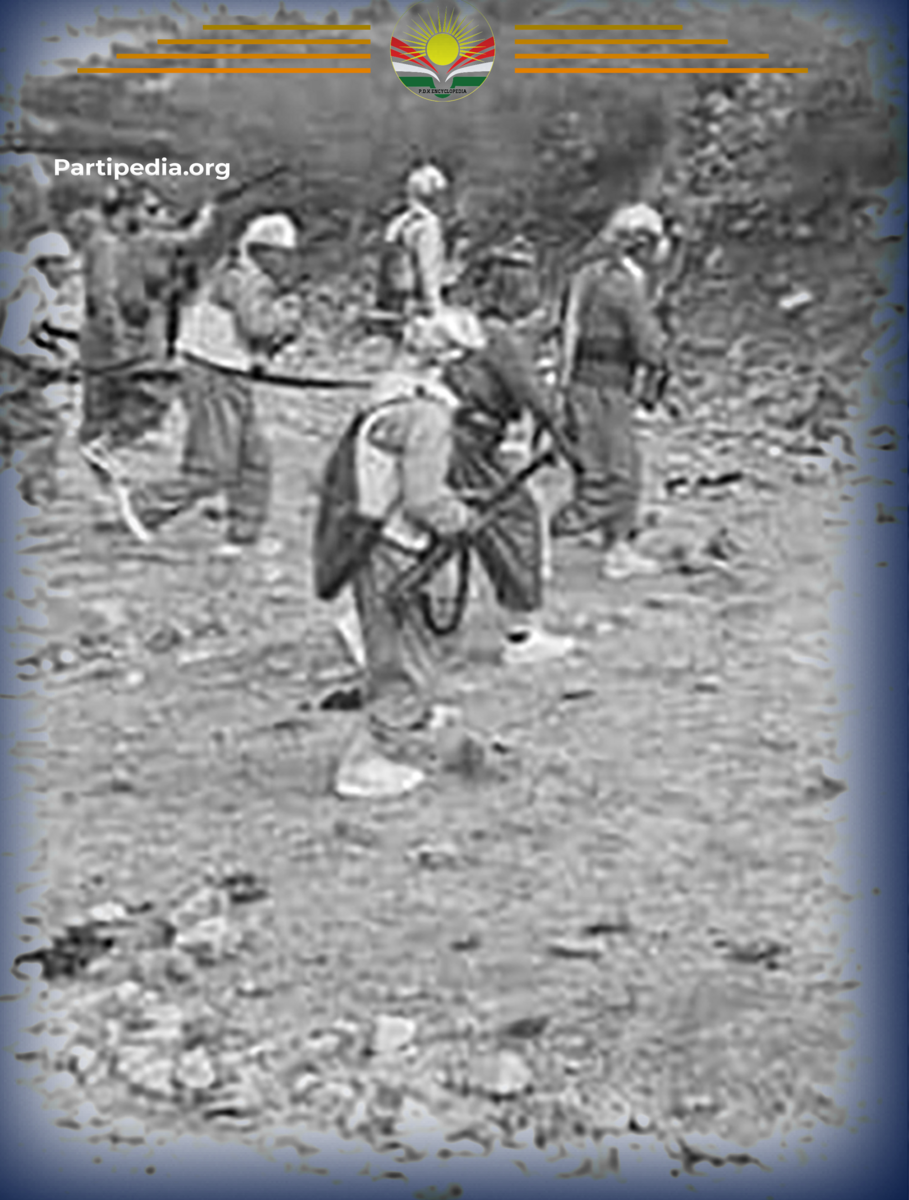Idris Barzani, a prominent leader of the Kurdistan Revolution, passed away on December 31, 1987, marking a profound loss for the Kurdistan Liberation Movement. His death cast a shadow of mourning over the revolutionary leadership and the Peshmerga forces. Seizing this moment of grief, the Ba'ath regime launched a large-scale offensive against territories under the control of the revolution. However, the revolutionary leadership, recognizing the regime's opportunism, resolved to reinforce the Peshmerga ranks and intensify their activities.
In line with this decision, a Peshmerga unit under the command of Mohammed Murad planned an operation to send a powerful message: the loss of any revolutionary leader would only strengthen the movement, not halt it. Their chosen target was a fortified military outpost near Dashtmre village in the Ibrahim Khalil (Rzgari) district of the Badinan region.
On the night of February 8-9, 1987, the Peshmerga forces began their mission. Reaching the outskirts of the outpost, they encountered a significant obstacle—several rows of mines surrounding the position, laid to deter Peshmerga attacks. Undeterred, experienced Peshmerga mine-clearing specialists worked under adverse conditions, including heavy rain, to remove two rows of mines. Successfully completing this initial phase, they returned to their headquarters at dawn to regroup and refine their plan.
Following discussions with the Zakho Regional Committee, it was agreed that the operation was critical and should proceed without delay. The following night, on February 9-10, 1987, at 10:00 p.m., the Peshmerga forces launched their assault. Armed with RPGs and small arms, they opened fire on the outpost for 15 minutes, targeting barracks and defensive positions. They breached the outpost’s perimeter, cutting through barbed wire, scaling walls, and infiltrating the base.
Their assault triggered a swift response from nearby outposts and the Iraqi Army's 38th Division, which directed heavy and light weapon fire at the Peshmerga. In the intense clashes, two brave Peshmerga fighters from the Zakho Regional Committee, Ismail Sivo and Khalil Shino, were martyred, and four others sustained injuries. Despite these losses, the Peshmerga forces achieved their objective of striking the enemy and delivering a resounding message that the revolution's resolve remained unbroken.
After completing their mission, the Peshmerga retreated to Cham Bahivi village, where they regrouped and transported the martyrs to Pirakaw village for burial. In the days that followed, the Iraqi Army launched a massive counteroffensive against the area, employing heavy artillery, long-range weapons, and airstrikes. The Peshmerga forces, however, mounted a fierce resistance, successfully thwarting the offensive and reaffirming their steadfast determination to defend their homeland.
This operation underscored the enduring spirit and resilience of the Kurdistan Revolution, demonstrating that even in the face of loss and adversity, the Peshmerga would continue to fight for freedom and justice.
Source:
Kdp encyclopedia archive.




